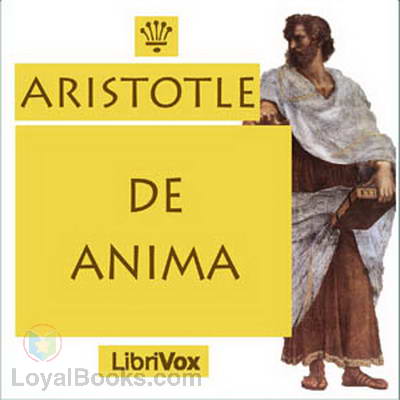
By: Aristotle (384 BCE-322 BCE)
De Anima by Aristotle is a profound and insightful exploration of the nature of the soul. In this seminal work, Aristotle delves into the complexities of the soul, discussing its various functions and attributes. He examines the relationship between the soul and the body, arguing that the soul is the principle of life and movement in living beings.
Aristotle's analysis of the soul is both rigorous and comprehensive, drawing on his vast knowledge of philosophy, biology, and psychology. He addresses questions such as the nature of perception, imagination, and thought, shedding light on the workings of the human mind.
One of the most compelling aspects of De Anima is Aristotle's emphasis on the unity of the soul and the body. He argues that the soul is not a separate entity that inhabits the body, but rather an essential aspect of human existence that is intimately connected to the physical world.
Overall, De Anima is a work of profound intellectual depth and significance. It continues to be studied and debated by philosophers and scholars to this day, making it a timeless and enduring contribution to the field of metaphysics and psychology. Book Description:
On the Soul (Greek Περὶ Ψυχῆς (Perì Psūchês), Latin De Anima) is a major treatise by Aristotle on the nature of living things. His discussion centres on the kinds of souls possessed by different kinds of living things, distinguished by their different operations. Thus plants have the capacity for nourishment and reproduction, the minimum that must be possessed by any kind of living organism. Lower animals have, in addition, the powers of sense-perception and self-motion (action). Humans have all these as well as intellect. The notion of soul used by Aristotle is only distantly related to the usual modern conception. He holds that the soul is the form, or essence of any living thing; that it is not a distinct substance from the body that it is in; that it is the possession of soul (of a specific kind) that makes an organism an organism at all, and thus that the notion of a body without a soul, or of a soul in the wrong kind of body, is simply unintelligible. (He argues that some parts of the soul—the intellect—can exist without the body, but most cannot.) It is difficult to reconcile these points with the popular picture of a soul as a sort of spiritual substance "inhabiting" a body. Adapted from Wikipedia.
|
